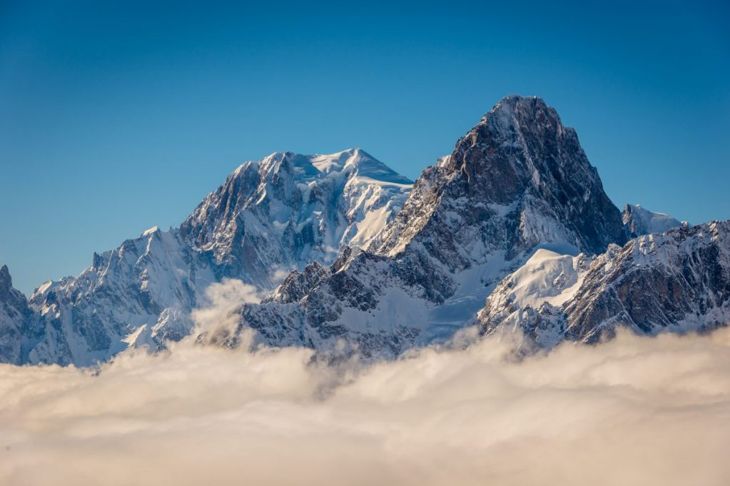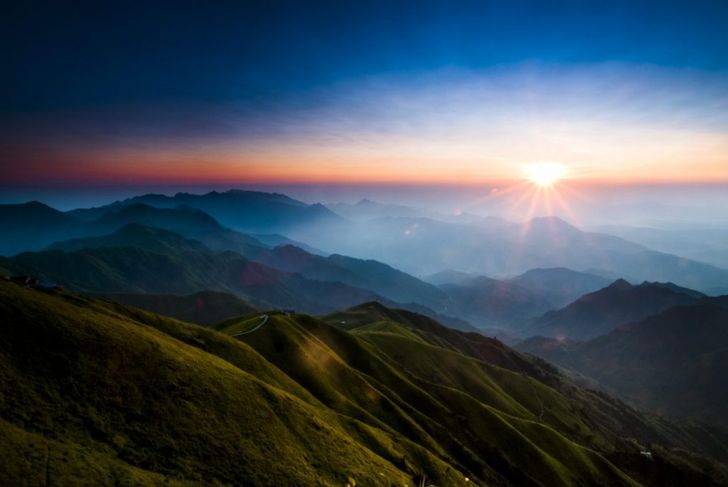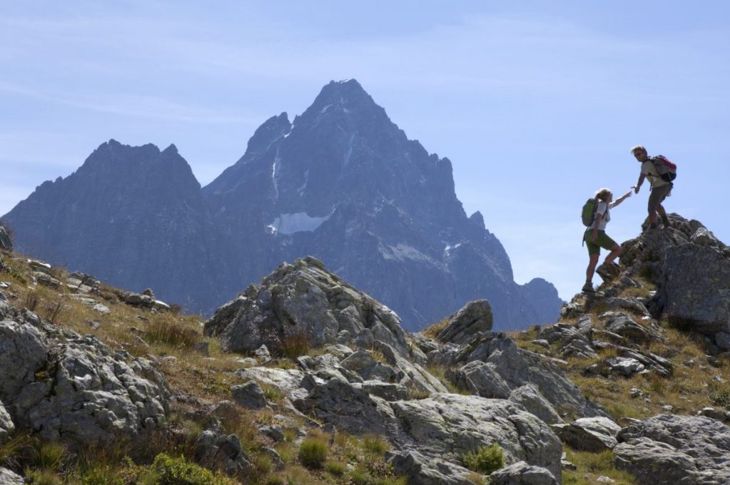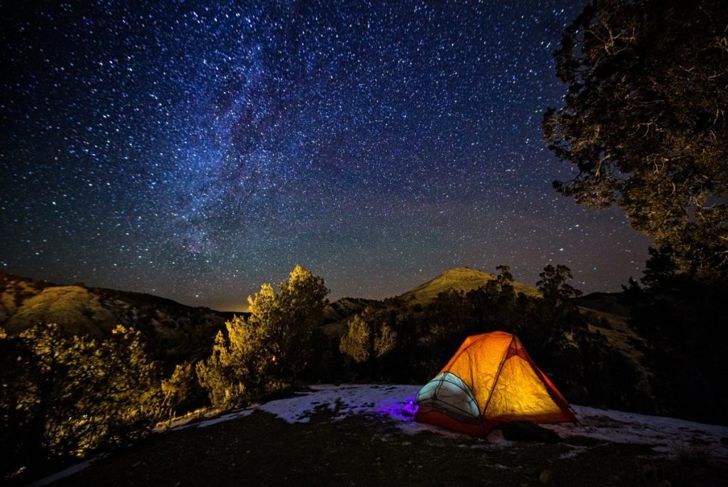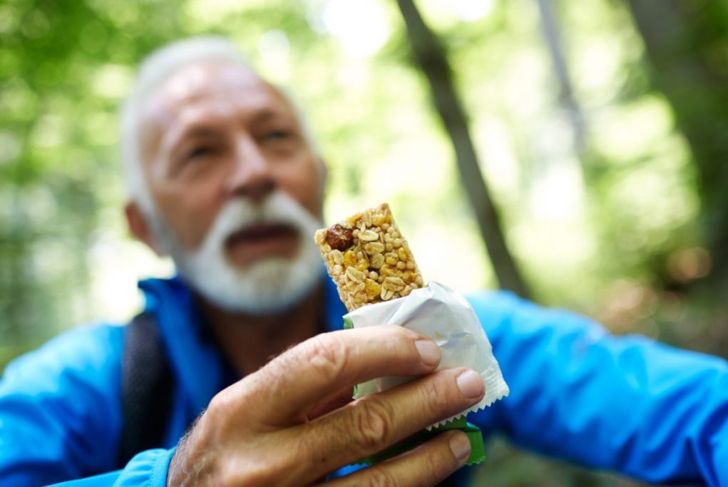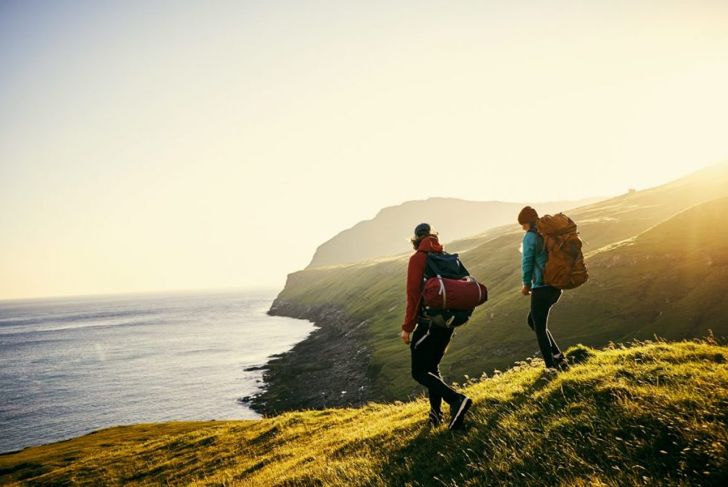The mountains offer stunning views and great recreational opportunities to enjoy, but if you’re not used to the elevation, your dream vacation can quickly turn into a nightmare. The lack of oxygen at higher elevations can trigger unpleasant physiological responses in your body, which can make you feel like you have the flu. In severe cases, the effects may even turn deadly. This condition is known as altitude sickness, and learning how to prevent it is an important part of vacation planning.
What Is Altitude Sickness?
Altitude sickness comes in several forms. The most common is known as acute mountain sickness, and it is generally fairly mild. It might ruin your hike or make you take a few days off, but you should recover quickly. However, if it progresses, it can turn into high-altitude cerebral edema, or HACE, where fluid accumulates around your brain. High-altitude pulmonary edema, or HAPE, is a similar condition that affects the lungs. Both HACE and HAPE require immediate medical attention.
The Symptoms of Altitude Sickness
Most of the symptoms of altitude sickness resemble a hangover or mild illness. You may get a headache, feel fatigued, and experience nausea with occasional vomiting. More severe symptoms include dizziness, blurred vision, disorientation and extreme shortness of breath. If you begin experiencing these symptoms, begin your descent immediately. You may be developing HACE or HAPE.
How To Prepare
Before you go, be sure to be hydrated and healthy. If you’re a regular caffeine drinker, don’t skip the coffee or tea. Caffeine withdrawal can exacerbate altitude sickness. Get a good night’s sleep if possible, and stay home if you’re sick. Even mild illnesses can get a lot worse at high altitudes.
Stay Hydrated
Staying hydrated is one of the most important ways to combat altitude sickness, as even mild dehydration makes it significantly worse. Plan to drink at least two to three liters of water a day, although you may need a gallon per person in particularly hot, dry, or strenuous conditions. Bring electrolyte solutions as well, particularly if you plan to be sweating a lot.
Climb Slowly
Take your time while hiking or climbing. Over-exertion can often trigger altitude sickness. Plan your activities so that you don’t feel the need to rush to get it all done in one day. If you do begin feeling the effects of the altitude, try walking and breathing in rhythm to slow yourself down. Taking two steps and then pausing for breath can often help.
Sleep Low
If you’re not sure how you’ll react to the altitude, don’t plan a trip that requires you to sleep high on the mountain. Try to descend below 8,000 feet each night. The more oxygen-rich air at lower elevations can help your body recover overnight, which will leave you more able to deal with the altitude the next day.
Eat Plenty
Mild altitude sickness can suppress your appetite, but not eating enough can make it even worse. Be sure you’re taking regular snack breaks. Carbohydrates are good fuel for high-altitude hiking and climbing. Sweet or salty snacks are usually best but choose something you’ll be able to enjoy even if you’re not feeling particularly hungry. Avoid spicy treats, as they can make altitude-related nausea worse.
Take Medication
This option isn’t for everyone, but you may want to speak with your doctor about options for medication that may combat altitude sickness. Even simple over-the-counter pain killers have been shown in some studies to reduce the symptoms of altitude sickness if you take one dose before you begin your climb, then another ever six hours throughout the day. There are also prescription medications that your doctor may recommend.
Cover Up
Conditions at high altitudes can be harsh, and exposure to said conditions can make you feel even worse. Even if the weather is mild, wear long sleeves, a hat and long pants to protect yourself from the sun. Sunscreen and sunglasses are also a must. Too much sun exposure can hasten dehydration and cause other symptoms that mimic altitude sickness.
What To Do If You Get Altitude Sickness
If you feel mild symptoms of altitude sickness, the first step is to take a break, eat and rehydrate. You may then begin your climb again, but take it very slowly and use the step, step, breathe pattern of walking. If your symptoms don’t get better or continue to get worse, the only way to recover is to descend to a lower elevation. If you begin to experience dizziness, confusion, vision problems or shortness of breath even at rest, begin your descent immediately and call for medical help if possible.

 Home
Home Health
Health Diet & Nutrition
Diet & Nutrition Living Well
Living Well More
More